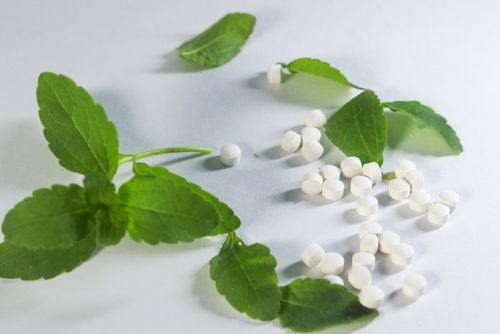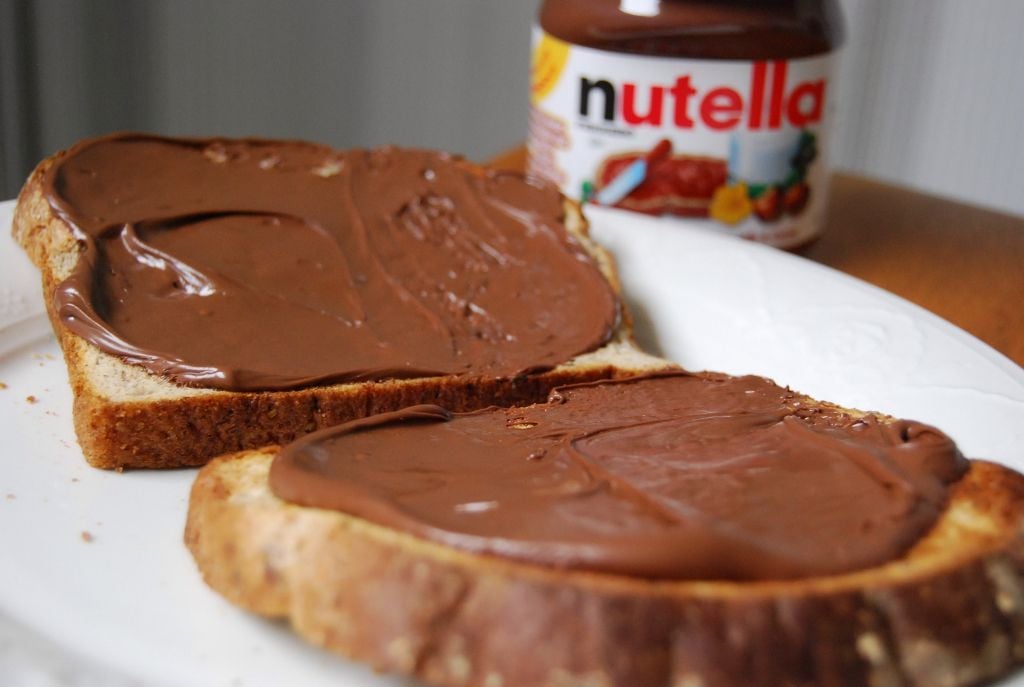
Sugar Substitute Showdown: Spotlight on Stevia
- Sep 8, 2025
With the ongoing quest for healthier food and beverage choices, attention has turned to replacement options for foods and additives that may have a negative impact on health. Sugar is one such offering, and stevia - a natural plant extract - is stepping into the spotlight as a viable substitute. Dietitians and health experts are acknowledging that a diet high in added sugar has been connected to health issues such as obesity, type 2 diabetes, fatty liver disease, high blood pressure, and elevated heart disease risk.
Jamie Nadeau, a registered dietitian, advocates the use of stevia as a sugar substitute in a range of items, from beverages and baked goods to any recipe that typically includes added sugar. Nutrition professionals however do stress that just because something is deemed 'natural', doesn't automatically qualify it as healthier – but there is a consensus that stevia can be a positive replacement for those looking to reduce sugar from their daily intake.
One of the key selling points of stevia is its sweetness – it is significantly sweeter than both regular sugar and a variety of artificial sweeteners, including aspartame. Consequently, a smaller amount is needed to achieve the desired sweetness when used in baking or beverages.
"Stevia offers a valuable option for those aiming to lower their added sugar intake, whilst maintaining sweetness in their meals and drinks," says Nadeau. Equally, for those counting calories, it’s worth noting that stevia has zero calories.
However, as with most products, a word of caution is advised when selecting stevia. It is recommended to ensure that the product is 100% stevia, and does not include other artificial sweeteners or sugar alcohols. These are sometimes added to enhance taste or bulk up the product, but as Nadeau informs, can lead to digestive discomfort, especially for those who are sensitive to sugar alcohols. Additionally, sugar alcohols such as xylitol and erythritol have the potential to raise blood sugar levels which might be problematic for individuals with diabetes.
Once these considerations are taken into account, there are few drawbacks to replacing sugar with stevia. The U.S. Food and Drug Administration (FDA) has classified stevia as a food additive that is Generally Recognized as Safe (GRAS) since 2008. Other food items in this category include canola oil, vinegar, and black pepper.
"The major downside to using stevia over sugar it that it doesn’t taste the same," Nadeau admits. The unique taste of stevia may not be to everyone's liking and using too much can result in a bitter aftertaste. Barring that, stevia appears to present a healthier alternative to regular sugar with minimal downsides.






